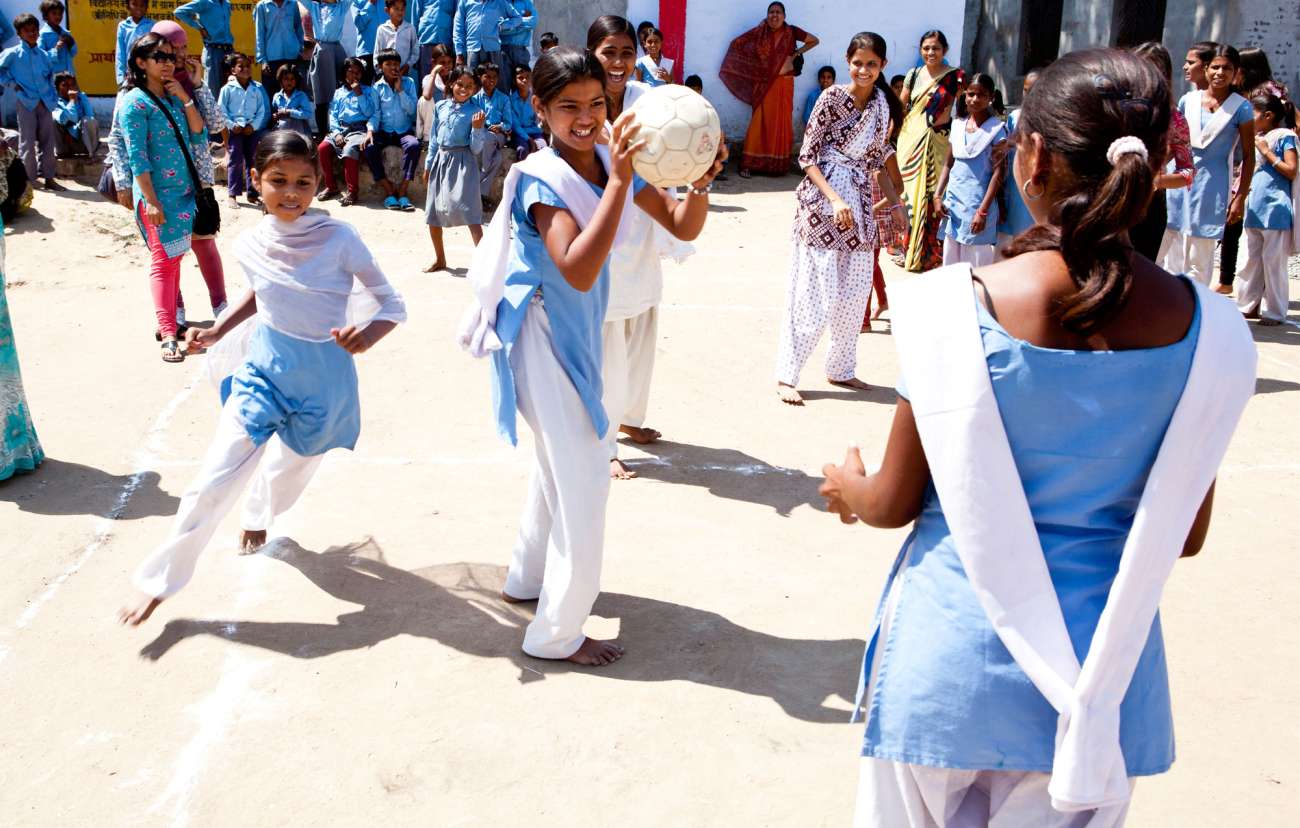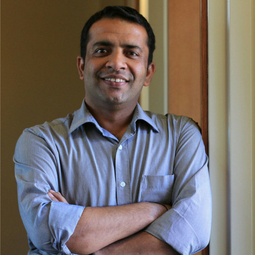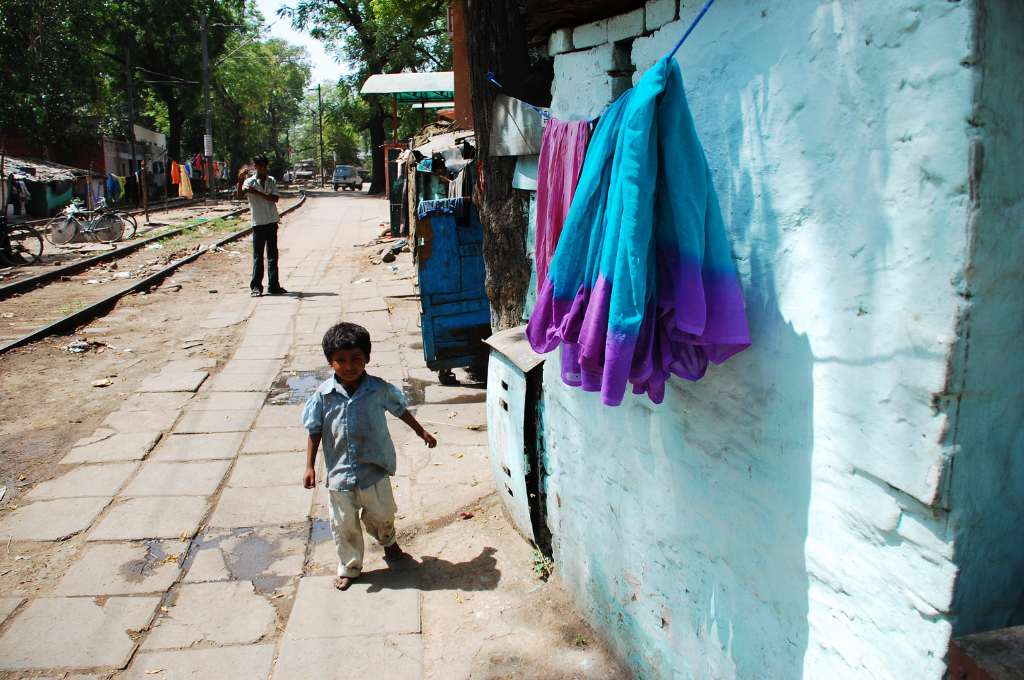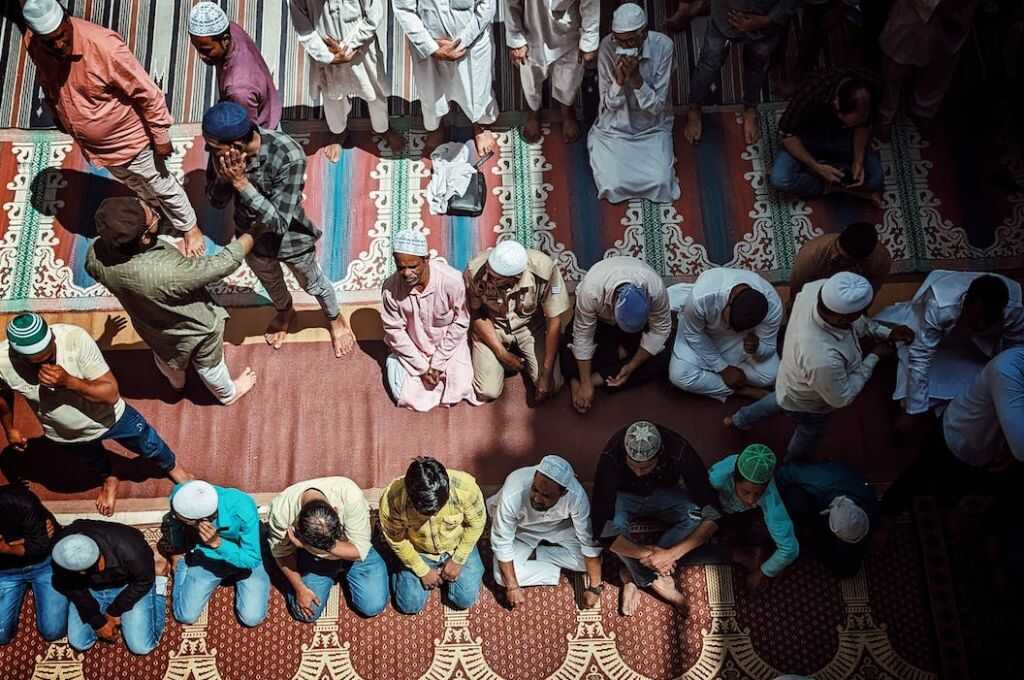When we talk about the basic needs of humankind, we refer to food, shelter, and clothing. But clothing has historically been an ignored ‘non-issue’. Twenty years ago, our work at Goonj started around this basic necessity—clothing. That became the foundation of Goonj, and through our work, we began to notice that cloth plays many different roles. For women, one of the most basic uses of cloth is for five to seven days every month, during menstruation.
In India—whether you work with self-help groups, microfinance institutions, or anganwadis—the first stakeholder you talk to and interact with is a woman.
In the early 2000s, menstrual hygiene hadn’t really been mapped as an issue or a problem—by either the development sector or the government. There was no real problem statement, and there were no real solutions for the vast majority of women who are at the bottom of the pyramid. New to this issue, we didn’t quite understand the nuances of menstrual hygiene, but were still surprised by the absence of attention and awareness around the issue. Because in India—whether you work with self-help groups, microfinance institutions, or anganwadis—the first stakeholder you talk to and interact with is a woman.
Even today, more than a decade later, menstruation is still a taboo subject in India; not just in rural areas but in cities as well. Try buying a pack of sanitary pads from your chemist—it will invariably be handed over to you wrapped in a black polythene bag or a newspaper.
Related article: India’s push for universal healthcare depends on women’s safety
Can we focus on dignity, not distribution?
The government, civil society, and even mainstream Bollywood have started to generate a lot of awareness around menstrual health. And with the entry of so many menstrual hygiene product manufacturers, the landscape is changing. But awareness is not enough. Have social norms also changed? Has any of this translated into solving the challenges that millions of women face every month when they menstruate?
This is not to say that there aren’t players in the space doing a wonderful job. There are people working on menstrual health who have managed to weave dignity and information around the issue into their product. But the focus still seems to be largely on distributing these products.
We’ve learnt that women face challenges at three levels: first, at a transactional level—this includes access to sanitary products, underwear, and so on. Second, at an infrastructural level—which includes the absence of private spaces, water, toilets, disposal mechanisms, among others. And thirdly, at a mindset level—there is still a pervasive culture of shame and silence, along with a lack of attention to women’s dignity and health.
Charity—which we believe is giving, but without dignity—can never be a long-term solution or lead to any real development.
At Goonj, we have a ‘triple A’ theory, which means that conversations about sanitary pads or menstrual hygiene need to speak to awareness, access, and affordability. So, just handing out products is not going to solve the problem. Charity—which we believe is giving, but without dignity—can never be a long-term solution or lead to any real development. It’s important to consider the dignity of the women and girls that we work with. When we take it upon ourselves to tackle this issue, we need to ensure that our ‘solutions’ don’t come at the cost of their self-respect. We also must be conscious of the environmental impact of our work.
Right now, what we’re promoting as a country is a plastic-heavy product. Almost every single pad has a plastic layer. The ones that don’t, still end up being packed in plastic bags. Imagine a village of 100-200 families—if every single woman and girl started using pads regularly, you would need almost 3,000-5,000 pads a month. That’s 40,000-50,000 pads a year. 50,000 plastic, non-biodegradable sheets from just 100-200 households. The impact this would have on our environment and water bodies is unimaginable. With the market for sanitary pads fast spreading to smaller towns and villages, we run the risk of bringing the same waste disposal and management problem that we have in cities, to these communities.

When we talk about menstruation, we must remember that it is a very personal issue for women—in terms of their bodies and their dignity. | Picture courtesy: Charlotte Anderson
How can we normalise the conversation around menstrual health?
This taboo topic was first brought to our attention when we spoke to women in rural India 15 years ago. That dialogue started because we were trying to understand the role that cloth plays in a woman’s life. We then asked ourselves: could a single piece of cloth act as a tool to open up the conversation around menstrual health and hygiene?
Could a single piece of cloth act as a tool to open up the conversation around menstrual health and hygiene?
There are many unsafe materials used by women during menstruation: ash, sand, jute, newspapers, and more. Without a conversation around safe use, cleanliness, and hygiene, even cloth can be dangerous. We have found that often, women with differing menstrual cycles share the same piece of cloth. Many are unable to wash it, because taps are typically installed in public places. When women do manage to wash it, they usually cannot find space to dry it hygienically.
We started ‘Break the Silence’ meetings across cities and villages—safe spaces where people could talk about menstruation. Instead of immediately talking about blood and stigma, we started by talking about cloth and its utility, and built it up from there. When we talk about menstruation, we must remember that it is a very personal issue for women—in terms of their bodies and their dignity.
Listening closely to what women (from all walks of life, in villages and cities) told us about the way they struggle with this basic issue every month was key. If we can pair awareness with access and affordability, and still focus on women’s dignity, perhaps we can begin to change the discourse around menstrual health and hygiene.
—
Know more
- Understand the product landscape through this manual that examines menstrual health products in depth and outlines disposal options.
- Read this comprehensive guide by UNICEF to menstrual health and hygiene (which includes a section on menstrual health for girls and women in vulnerable situations).
Do more
- If you work with women and girls, learn about how you can address human rights in menstrual hygiene as a part of your programming.
- Check out Goonj’s Not Just A Piece Of Cloth campaign to see how you can do your bit.




